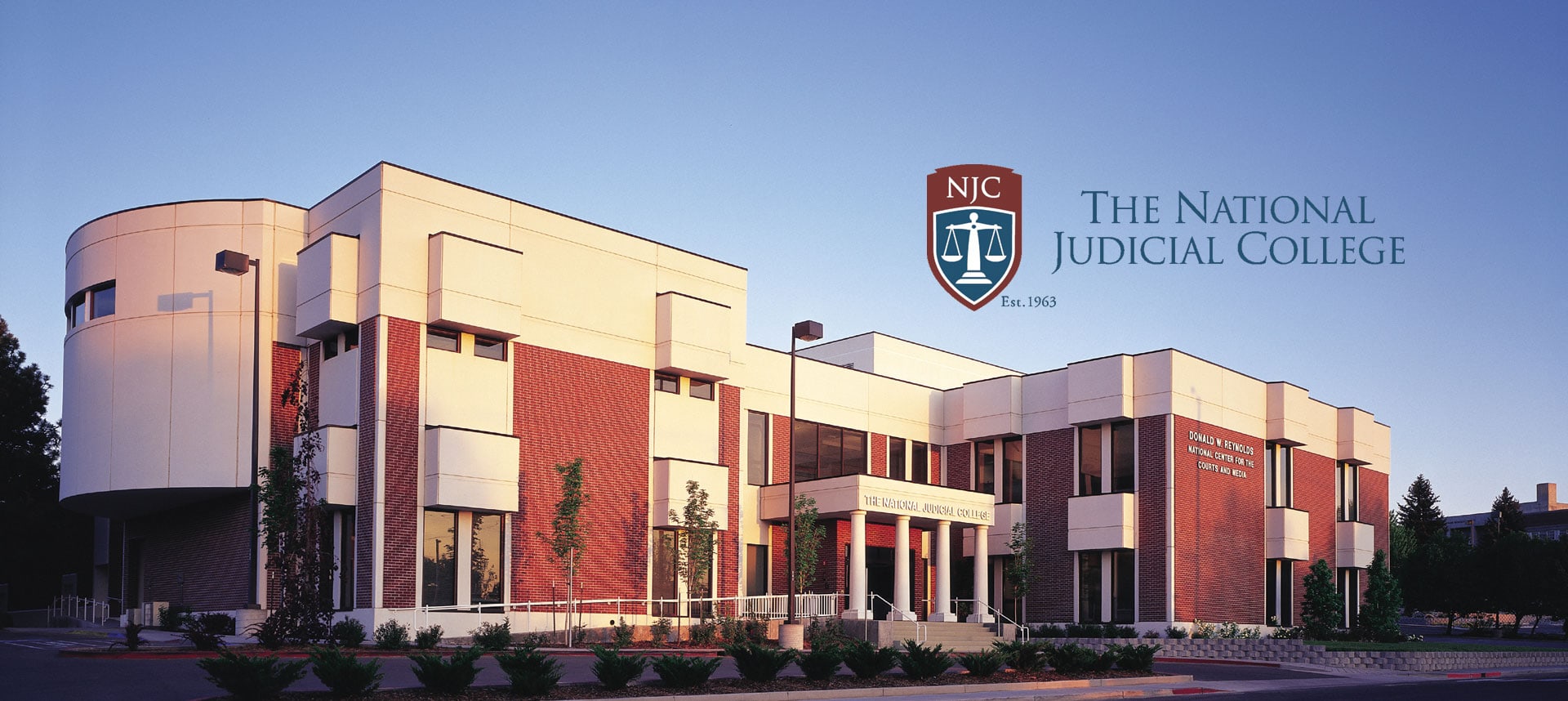
As the world manages an evolving natural environment, The National Judicial College announced today that it will increase its footprint in environmental law by expanding its curriculum and creating the Judicial Consortium on Water and the Environment. The changes will bring more educational opportunities to judges from jurisdictions on majestic mountaintops to low-lying wetlands and everything in between.
“The NJC has always focused on bringing innovative and forward-thinking learning opportunities to judges,” Judge Benes Aldana (Ret.), president of The National Judicial College, said. “While our Dividing the Waters affiliate has a long history with judges adjudicating complex water rights conflicts, water quality and other environmental cases now impact communities across the nation. Experts predict more environmental and water cases, across many jurisdictions.”
As a first step, the NJC will fully integrate its affiliate, Dividing the Waters, into its curriculum. Dividing the Waters was founded in 1993 by judges who adjudicate water rights litigation and has focused on education, networking, and information resources. In 2007, the project affiliated with The National Judicial College.
According to World Environment Day, only 0.5 percent of water on earth is useable and available freshwater, a figure that is consistently threatened by drought, salt water intrusion, and overuse. In addition, recent changes in federal laws and precedent are driving more cases to state court.
“Water is by definition fluid and so are the areas of law that water law affects,” Washington Supreme Court Justice Debra J. Stephens, a convener of Dividing the Waters, said. “What we are finding is that it is no longer accurate to see water law or aspects of environmental law as just an isolated specialty. It permeates so many areas of the law, and judges, even general jurisdiction judges, will find themselves grappling with important issues surrounding land use, contracts, real estate, and urban planning.”
The NJC invites all 50 states to join the new Judicial Consortium on Water and the Environment, which will focus on creating education and resources for judges. The topics covered for education will be suggested by the member states. In addition, states with a specific need for custom, thorough, water-specific materials can also join Dividing the Waters.
“Water quality is an issue for the entire United States,” Utah Court of Appeals Senior Judge Kate Appleby said. “I don’t know any community that doesn’t have to be mindful of it. Whether we are looking at sea water infiltration and flooding, or aquifers located thousands of miles inland, there are emerging issues. We believe we need to be expanding the focus so that we are addressing issues that face the entire nation. There are a lot of water and environmental cases on the horizon.”
Dividing the Waters will continue to enjoy the leadership of its board of “Conveners,” which has elected Judge Appleby as its first board chair. Judge Appleby first found Dividing the Waters when she was on the trial bench and was assigned a water case that had been ongoing since the mid-1930s. While she had taken multiple environmental law electives in school, she felt unprepared to tackle the case, she said.
“These cases tend to be long, extremely complex and very important with an enduring impact,” she said. “Dividing the Waters saved me. It can help a judge build a foundation so they can confidently make decisions.”
Alf W. Brandt, who previously served as the executive director of Dividing the Waters, will be the National Judicial College’s academic lead for the project.
For more information, please visit www.judges.org

The Hon. Mary-Margaret Anderson (Ret.), a retired administrative law judge with the California Office of Ad...

Happy October, Gaveliers faithful. Are you loving this or what? No one believed a team made up of judges...


Hon. Diane J. Humetewa, the first Native American woman and the first enrolled tribal member to serve as a ...

Retired Massachusetts Chief Justice Margaret H. Marshall has been selected as the 2024 winner of the presti...